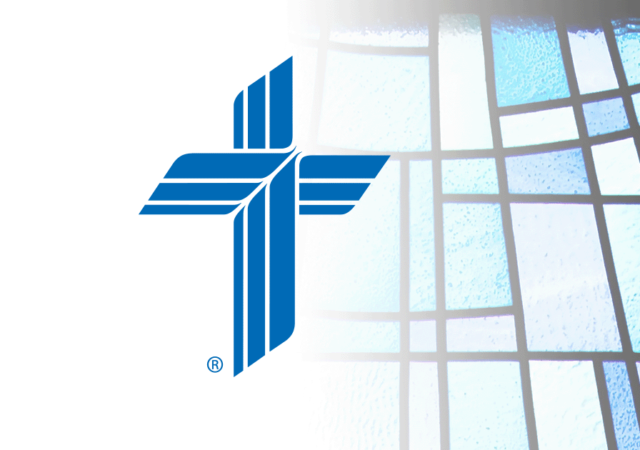HOUSTON – Delegates to the 63rd Regular Convention of The Lutheran Church—Missouri Synod adopted carefully worded amendments to the Synod’s Articles of Incorporation and Bylaws aimed at facilitating resolution of conflicts of authority between the Synod’s Board of Directors and the Commission on Constitutional Matters (CCM).
Following a 90-minute plenary discussion July 16, delegates voted 905-292 to adopt the amendments presented by the Floor Committee for Synod Structure and Governance. Dr. Lane R. Seitz, president of the Minnesota South District and committee chair, explained that in recent years questions of authority arose between the Synod’s Board of Directors and the CCM, which led to the proposal adopted by the convention.
The amendments resulted from Resolution 7-02A, adopted by delegates to the Synod’s 2004 convention. That resolution amended the Synod’s governing documents in an effort to avoid conflicts of authority. It also mandated appointment of a study committee which became known as the “Resolution 7-02A Committee.” The purpose of that committee was to jointly address the matter and make recommendations to the 2007 convention.
The Resolution 7-02A Committee noted in its report that the Board of Directors took “certain actions” in carrying out its responsibilities that it believed were in concert with the LCMS Constitution and Bylaws and the laws of the State of Missouri. Some Board and Synod members disagreed with certain Board actions, and questions were submitted to the CCM for its opinions. Several opinions rendered by the CCM reversed or nullified Board actions, raising questions of authority. The Board disagreed with and challenged some of the CCM opinions, declaring them of “no effect,” the Resolution 7-02A Committee report said.
The Resolution 7-02A Committee sought to clarify whether authority granted to the Board by certain Synod Bylaws conflict with the laws of the State of Missouri. It also sought to clarify whether the CCM or the Board has the authority to decide – when or if there is disagreement – where certain boundaries of authority begin and end.
The Resolution 7-02A Committee considered the points of view of many Synod leaders and governing documents, Seitz said. Its recommendations sought to “promote harmony and unity” in the Synod and build upon the intention of the 2004 convention action, he said.
A key point of the proposal was the establishment of a process to resolve disagreements between the Board and CCM, Seitz said. He told the delegates that legal counsel reviewed the proposal and the Resolution 7-02A Committee report had received “widespread support since it was made public.”
Walter Tesch, chairman of the Resolution 7-02A Committee and a member of the Board, told delegates that the Bylaw proposals did not place Synod authority above the laws of the State of Missouri, but simply provided a way to resolve authority questions. Another purpose of the Bylaw proposals was to “avoid litigation,” clarify the law where it was not necessarily clear, and get the parties to discuss and resolve their differences.
Dr. Robert T. Kuhn, chairman of the Board, and Dr. Albert M. Marcis, CCM chair, both said the proposal was helpful. Kuhn said it was endorsed “without a dissenting vote” by the Board. Marcis said the CCM regarded the Resolution 7-02A report and the convention proposal “to be in agreement” with the Constitution and Bylaws of the Synod.
The 2007 LCMS triennial convention is meeting here July 14-19 under the theme “One Message –- Christ! His Love is Here for You!”



